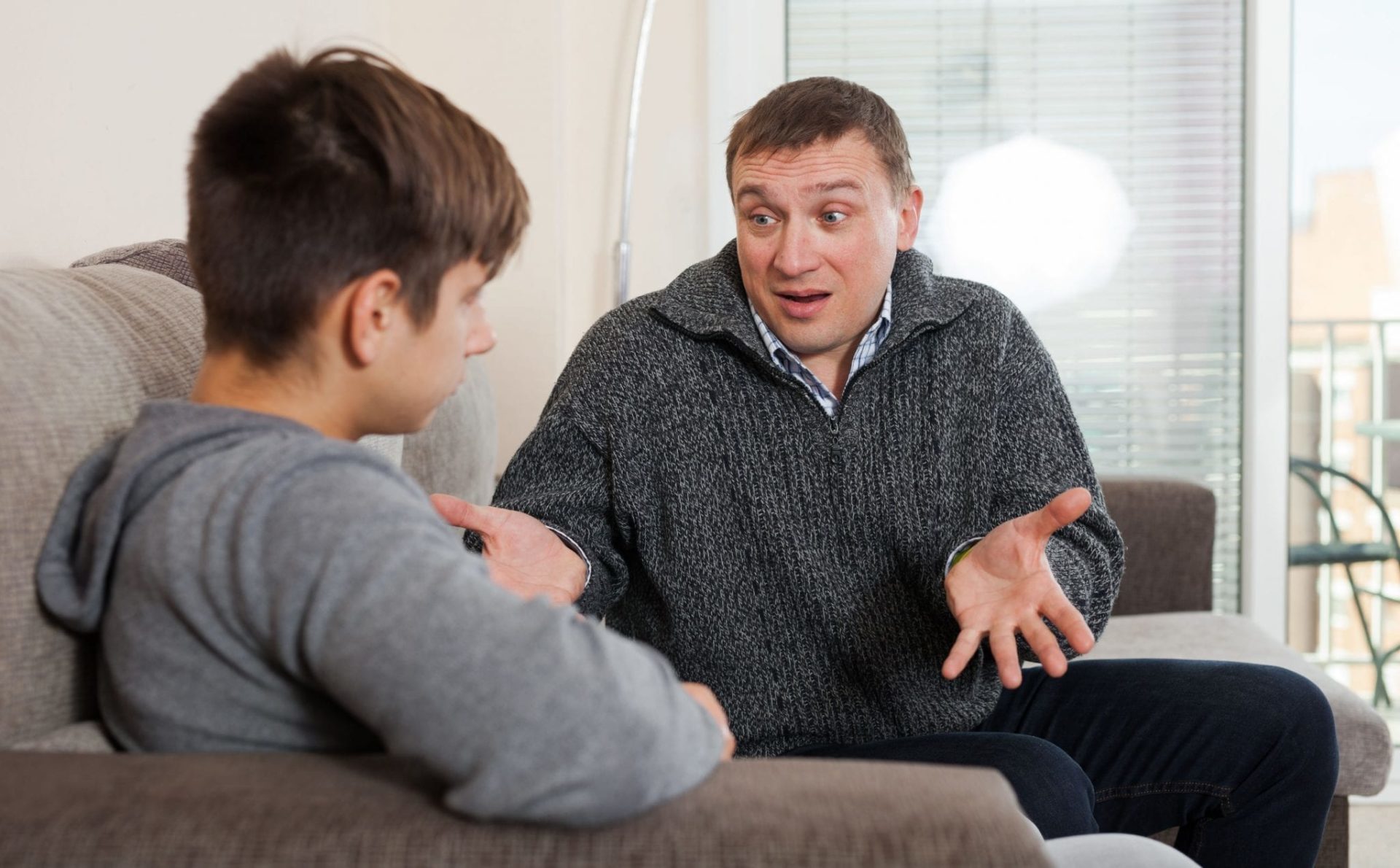My Kid Just Got Charged with a Crime in Chicago — How Can I Help Them?
Most parents fear, on some level, that their children will have a brush with the law. The reality is even good kids do dangerous or stupid things on occasion. If they’re caught, they could face serious legal trouble.
As a parent, your first inclination is to help your child in any way that you can. This is a good approach. However, being informed about the juvenile criminal justice process can help you avoid inadvertently incriminating your child, or unknowingly encouraging your child to incriminate him- or herself.
Below, we provide a guide for how to help your child through legal trouble, and steps you can take to prevent future run-ins with the law. For questions regarding a particular issue you and your child are facing, reach out to a Chicago defense attorney experienced in juvenile law.
Talk to Your Child
First thing’s first, talk to your child. This will be an emotional conversation, but the best thing you can do if your child is arrested is remain calm, and hear your child’s side of the story. Encourage honesty, and take notes to remember important facts.
It’s also important to make sure that your child is aware of his or her legal rights while in police custody. Advise your child not to talk to the police without an attorney present.
Advise them to politely say “I’m very sorry, but my parents have told me that if I’m questioned by the police, I’m not to say anything but my name. I want to get a lawyer, and won’t answer any more questions.”
On this note, it may be wise to have this conversation with your child even if he’s not in trouble with the law. Advising your child to keep his rights protected in any situation could save heartache down the road.
Don’t Pretend You’re a Criminal Lawyer
On a similar note, avoid playing legal counselor yourself. Remember that the police are not on your or your child’s side, and that anything you say to the police could be used against your child, too.
Many parents inadvertently incriminate their children when they’re only trying to help by explaining the situation to the police.
Contact Legal Representation
To ensure your child’s rights are protected, contact legal representation as soon as possible. Do not talk to the police or allow your child to talk to the police without an attorney present.
Juvenile suspects in particular are often frightened by interrogation, and can even make false confessions in an effort to appease their interrogators. It’s therefore very important to make sure your child’s rights are protected.
An attorney can also provide you with more information regarding the charges against your child, and can help you evaluate available options.
If the prosecution is attempting to try your child as an adult, an attorney may be able to keep your child out of the adult court system.
Take Care of Emotional Needs
Dealing with the legal ramifications of your child’s arrest is always a priority. At the same time, remember that there will also be a significant emotional fallout during this process that often affects the whole family.
Don’t ignore the feelings you’re having, and address how your child and other family members are feeling as well.
Consider Counseling
If your child has a brush with the law, this will have a huge emotional impact on the entire family. Consider speaking to a counselor yourself, and encourage your child to go to counseling too.
Sometimes this initial counseling can lead to help addressing any underlying emotional problems that may have contributed to your child’s criminal behavior in the first place.

Dealing with the arrest of a child is difficult for any parent. Your best effort in understanding your child’s side of the story, knowing what to do, and making sure that your child’s rights are protected will make all the difference.
About the Author:
Andrew M. Weisberg is a former felony prosecutor who now serves as a defense attorney in the greater Chicago area. He has extensive experience in handling all types of criminal cases, from sex offenses and domestic violence to retail theft-related crimes, murder, and drug crimes.







 Blog Home
Blog Home 










